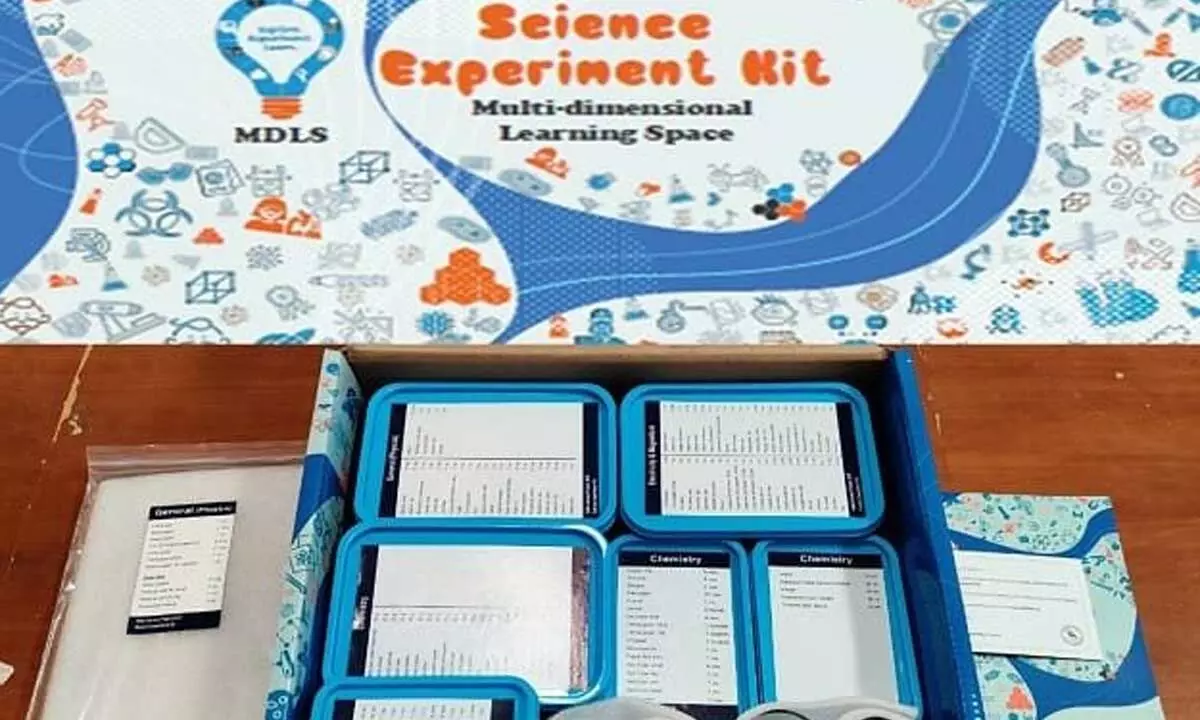Live
- WPL 2025: Matthews, Sciver-Brunt and Harmanpreet carry MI to massive 213/4
- MLA Anirudh Reddy Accuses KTR of Involvement in Manhattan Project Scam
- TGPSC Clarifies on False Propaganda Regarding Group-1 Recruitment
- Hyderabad Police Ensures Security as Holi and Ramadan's Second Friday Coincide
- Five MLCs Elected Unopposed in Telangana Under MLA Quota
- Sambhal prepares for a peaceful Holi with tightened security and special patrols
- CNG, PNG prices to become cheaper in Rajasthan from March 14
- Anti-Rape ad to screen in theaters before movies, like health advisories
- Prodigy Finance Offers Three Scholarship Awards totalling an amount of $19,000 for Global Students Starting Fall 2025
- Champions League drama likely to affect La Liga with big games this weekend









